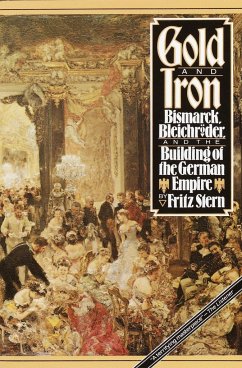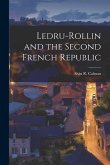This is a book about Germans and Jews, about power and money. It is a book focused on Bismarck and Bleichroder, Junker and Jew, statesman and banker, collaborators for over thirty years. The setting is that of a Germany where two worlds clashed: the new world of capitalism and an earlier world with its ancient feudal ethos; gradually a new and broadened elite emerged, and Bismarck's tie with Bleichroder epitomized that regrouping. It is the story of the founding of the new German Empire, in whose midst a Jewish minority rose to embattled prominence.
Winner of the Lionel Trilling Award Nominated for the National Book Award "A major contribution to our understanding of some of the great themes of modern European history-the relations between Jews and Germans, between economics and politics, between banking and diplomacy." -James Joll, The New York Times Book Review "I cannot praise this book too highly. It is a work of original scholarship, both exact and profound. It restores a buried chapter of history and penetrates, with insight and understanding, one of the most disturbing historical problems of modern times." -Hugh J. Trevor-Roper, London Sunday Times "[An] extraordinary book, an invaluable contribution to our understanding of Germany in the second half of the nineteenth century." -Stanley Hoffman, Washington Post Book World "One of the most important historical works of the past few decades." -Golo Mann "In many ways this book resembles the great nineteenth-century novels." -The Economist
Winner of the Lionel Trilling Award Nominated for the National Book Award "A major contribution to our understanding of some of the great themes of modern European history-the relations between Jews and Germans, between economics and politics, between banking and diplomacy." -James Joll, The New York Times Book Review "I cannot praise this book too highly. It is a work of original scholarship, both exact and profound. It restores a buried chapter of history and penetrates, with insight and understanding, one of the most disturbing historical problems of modern times." -Hugh J. Trevor-Roper, London Sunday Times "[An] extraordinary book, an invaluable contribution to our understanding of Germany in the second half of the nineteenth century." -Stanley Hoffman, Washington Post Book World "One of the most important historical works of the past few decades." -Golo Mann "In many ways this book resembles the great nineteenth-century novels." -The Economist








